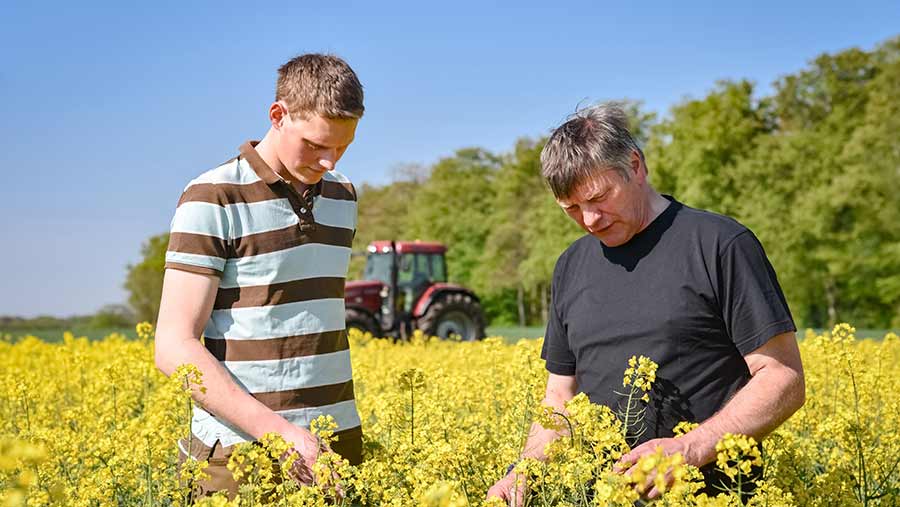Efra inquiry highlights farming recruitment challenges
 © Adobe Stock
© Adobe Stock The Environment Food and Rural Affairs (Efra) committee has held its first evidence session in an inquiry into education and careers in land-based sectors, highlighting the current challenges with recruiting the future agricultural work force.
A group of cross-party MPs examined pathways into farming, how the sector can attract and retain workers, and what role government and industry organisations can play in promoting the sector.
See also: What does the future hold for agricultural apprenticeships?
Giving evidence on the agricultural labour shortage and skills gap, Lantra chairman David Llewellyn told MPs it was vital to provide a skilled workforce and bring new entrants into a sector that is “central to meeting the twin challenges of food security and climate change”.
Citing apprenticeships as an area in particular need of reform, Dr Llewellyn said: “Recent research tells us that apprenticeships are underutilised in the land-based industries, and with the right approach for a sector that is dominated by micro and small businesses, there is every prospect that new entrants could be brought into the workforce.”
Speaking to Farmers Weekly last year, Lantra had revealed that nearly 70% of surveyed farmers would consider taking on an apprentice, but almost half of those believed that the current system is not fit for purpose.
Dr Llewelleyn explained that, with greater support from Defra and the Department for Education, Lantra hopes to trial a new method to deliver agricultural apprenticeships.
The organisation would ensure that apprentices are “work ready” in the early stages of their training, ensuring that they can fully utilise their time on farm.
“At the same time, by acting as an intermediary body, we would relieve small businesses of the employment and administrative burden of securing apprentices,” he explained.
“This would address many of the barriers that prevent small businesses from taking on an apprentice.’’
Education
Knowledge of the agricultural sector within primary and secondary schools was also identified as an area of concern.
Chief executive of the Institute of Agriculture and Horticulture, Stephen Jacob, told the committee that education must first start with the “influencers”.
He explained: “All children are consumers of food, so they have a vested interest in how its produced and how they consume it.
“We’ve got to be speaking the right language, and talking to them about food production, the stewardship of the countryside, and the exciting technology that we’re starting to adopt.
“To change their perception [of the sector], we have to influence the influencers. If the teachers and the parents don’t understand what the industry looks like and how food is produced, how are the children going to?”
The second evidence session of the committee is due to take place in the coming weeks, and will be held at Harper Adams University.
